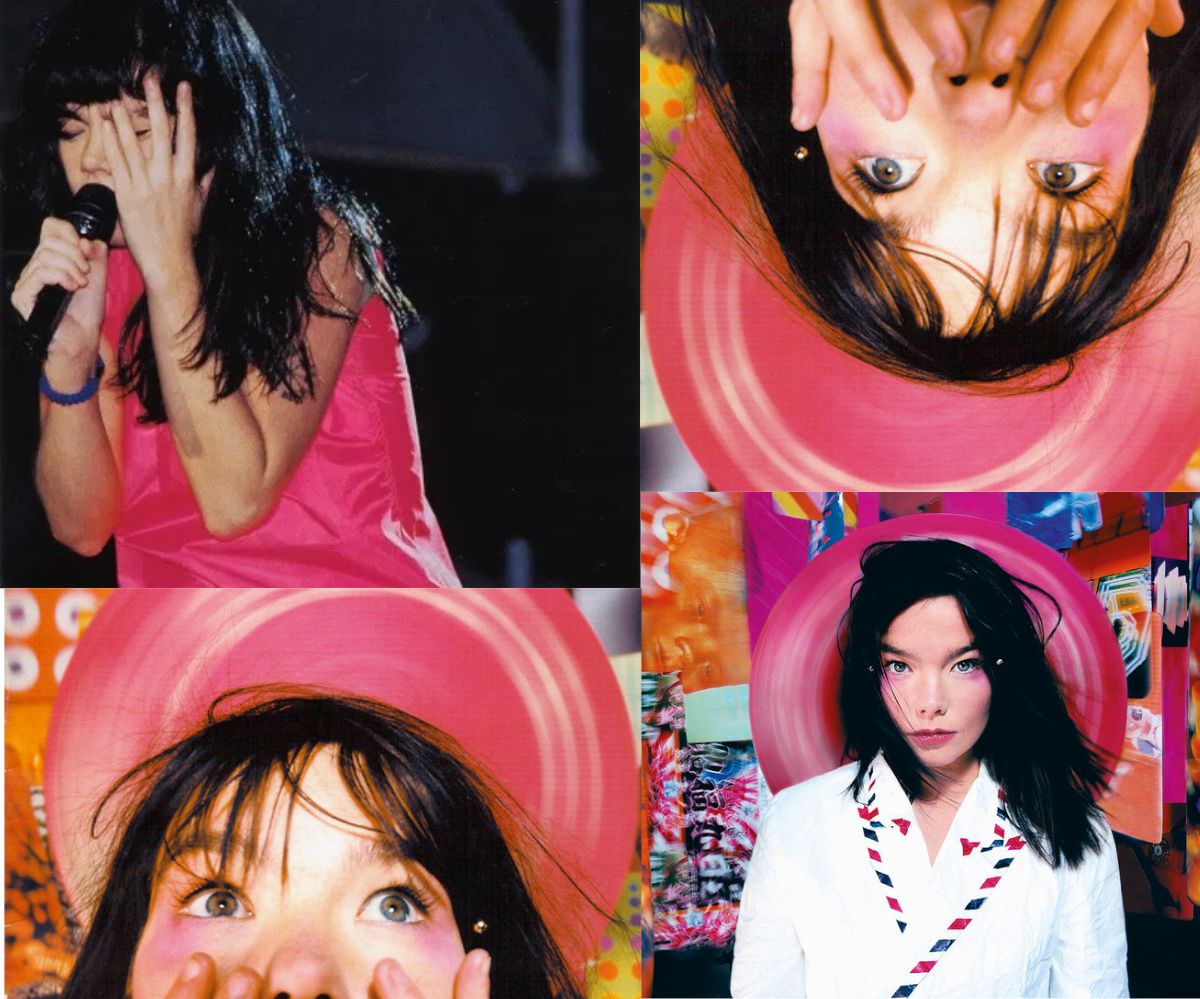After three decades, Björk’s sophomore album remains as vibrant as ever.
On June 13, 1995, Björk released her second album Post. The album was a bold follow-up to her wildly successful solo album following her departure from the Sugarcubes, Debut, which was released two years prior.
Evident right from the luscious bright pink cover art, Post brings an equally beautiful and chaotic sound to the Icelandic singer’s already lively budding discography.
In an interview with Stereogum, Björk described Debut and Post as two halves of a whole. She said this is where she drew inspiration for the album’s title, attempting to signify that the two works were a “before-and-after kinda thing.”
Though Björk’s overall sound is hard to pin down, ranging from ethereal, intense, technically precise and, at times, downright (enjoyably) bizarre, the synchronicities between the two albums are trackable as per their stated developmental connection by the artist. One even could listen to the two albums back to back and they would sound like a consistent double-album. Still, there are important differences between the two; Debut favours harsher pitches and Post is a bit softer in comparison, oftentimes employing a more muted and simpler sonic atmosphere.
Despite Post’s lack of sharp noise, the album is not any less intense than its predecessor. The album opens with the aggressive “Army of Me,” a rhythmic cut with almost a technologically advanced rock track backing Björk’s warnings not to “complain once more” lest you meet the “army” within her.
The repetitive percussion in the song almost gives it a heartbeat, which mirrors Björk’s production intent to “bring the album alive,” making Post its own universe through unique instruments and new sounds.
In terms of the production process for Post, Björk said she felt the need to be “musically promiscuous” and bring a “different mood” to each track. She attributed this to her time producing Post in London and being “too excited” about it all.
“The picture on the cover is me on Piccadilly Circus [in the West end of London], too excited, too many things, Bright Lights Big City kinda thing […] so my musical heart was scattered at the time, and I wanted the album to show that,” said Björk.
Listening to Post shows that she clearly succeeded in this endeavour. Although many of the songs detail the throes of romantic endeavours, the album has an incredible sonic range that displays this subject matter in different ways on each track.
Many of the album’s upbeat tracks have become staples of Björk’s discography — a considerable feat as she now touts nine other studio albums, many of which are considered classic works of modern music.
One of these staple tracks is the highly theatrical “It’s Oh So Quiet,” which is the absolute opposite of what its title suggests. Filled with Björk’s screams and yells backed by Broadway style instrumentals, the track brings an incredibly fun listening experience.
An equally enjoyable upbeat track on the album is “I Miss You,” where Björk sings about missing the idea of a lover she has yet to meet. The lyrics are backlit by a fun dance track and rhythmic beats, interestingly contrasting with the subject matter.
However, I would argue that Post shines even brighter through its several softer tracks that bring an undeniably beautiful listening experience that I have rarely found replicated in any other artist’s work.
“Cover Me” and “You’ve Been Flirting Again” are a couple of these beautiful tracks, with the former bringing two minutes of flowing strings and simple vocals to establish a mellow atmosphere and the latter bringing a soft serenade backlit by cascading instrumentals.
Post’s crowning track is also one of these softer cuts (and my personal favourite song by Björk). “Possibly Maybe,” a song whose subject material spans an exciting romantic fling from beginning to end, opens with noises that resemble an old computer reluctantly starting up before soft synth notes draw in. The track revolves around the exciting uncertainty of a new relationship, with Björk repeatedly wondering what might “possibly maybe” happen with the connection.
The song lifts the listener through an ethereal experience, immersing them in the emotion behind the song.
Overall, Post currently stands as my favourite album by Björk for its beautiful intensity and reluctance to be confined to a singular genre, sound or sonic atmosphere.

